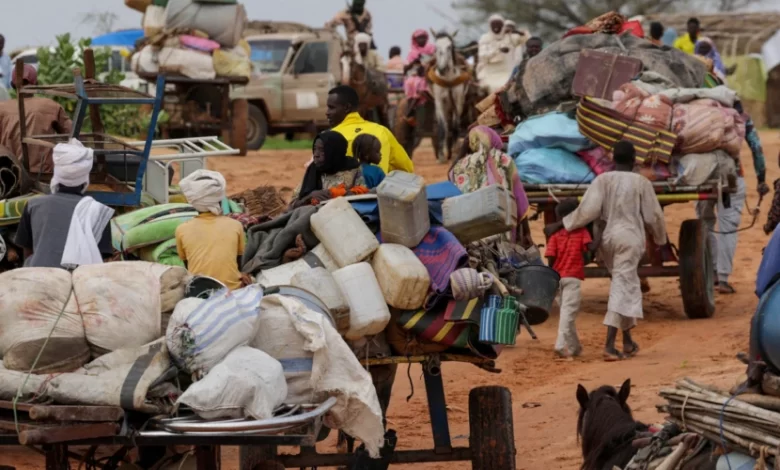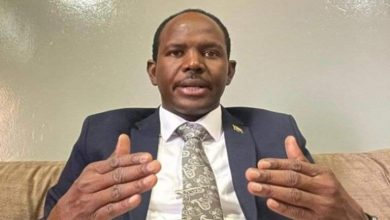The Escalation of Violence in El Fasher, North Darfur

UNICEF
The deteriorating security situation and the intense conflict in and around El Fasher, Darfur, have led to a significantly growing displacement of the civilian population from the area. The scarcity of clean drinking water and healthcare poses a particularly grave threat to the displaced, sick, injured, and children.
“Basic services, such as water and healthcare, are at risk of being disrupted. The conflict over the Golo water reservoir – which serves as one of the primary water sources for an estimated 270,000 people in the city and nearby communities – is putting it at high risk of being damaged or destroyed. This will lead to families and children being cut off from safe and adequate water and increase the risk of water-borne diseases in a region already torn by war. Children suffering from acute malnutrition and weakened immune systems will be particularly in danger.
“UNICEF calls on all parties to abide by their obligations under international humanitarian law and end all attacks on or close to critical civilian infrastructure, including water systems and facilities, hospitals, health centres and schools. To ensure sustained water supply services, utility staff must also have unrestricted and safe access to water sources including the Golo water reservoir.
The RSF, which has been fighting the Sudanese army for a year, intensified its offensive seeking to wrest control of the city, the military’s last stronghold in the sprawling Darfur region. Two weeks of fighting last month in and around al-Fasher has killed more than 120 people.
“The terrible events in West Darfur, including El-Geneina, in 2023 are among our key investigative priorities,” Khan said. “In addition, I am extremely concerned about allegations of widespread international crimes being committed in al-Fasher and its surrounding areas as I speak.”
Sudan’s conflict began in April last year when soaring tensions between the leaders of the military and the RSF erupted into fighting in the capital, Khartoum, and elsewhere in the country.
The war has killed more than 14,000 people and wounded thousands more while pushing its population to the brink of famine. The U.N. food agency warned the warring parties last month that there is a serious risk of widespread starvation and death in Darfur and elsewhere in Sudan if they don’t allow humanitarian aid into the region.
The war also created the world’s largest displacement crisis as more than 10 million people have been forced to flee their homes, including over 2 million people who crossed into neighbouring countries, the U.N. migration agency reported.
“The evidence my office has collected to date seems to show credible, repeated, expanding, continuous allegations of attacks against the civilian population, in particular, attacks directed against camps for internally displaced persons,” he said.
“It seems to show the widespread, prevalent use of rape and other forms of sexual violence. It seems to disclose consistently the shelling of civilian areas, the looting of properties and attacks against hospitals,” he added, stressing that he was “particularly concerned by the ethnically motivated nature of these attacks against the Masalit and other communities.”



